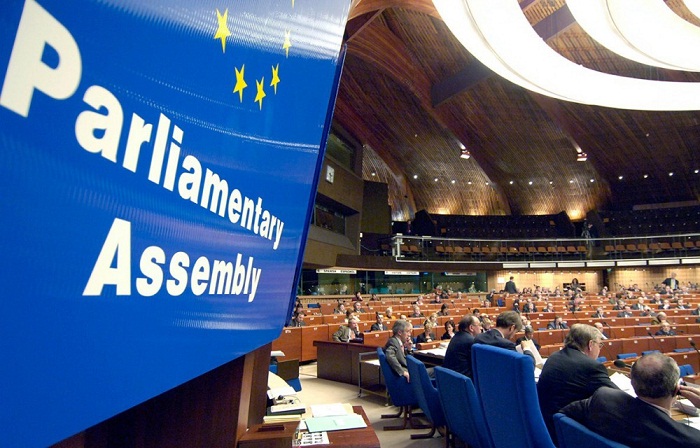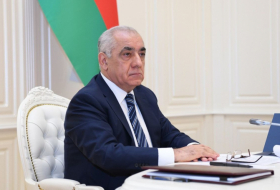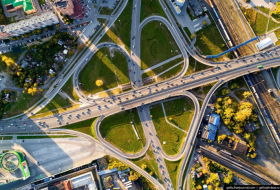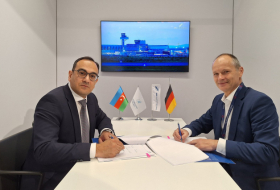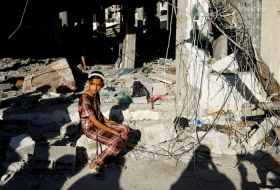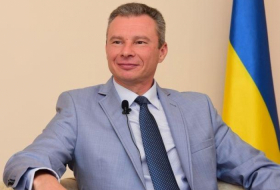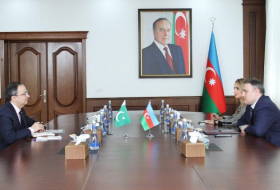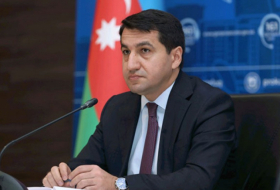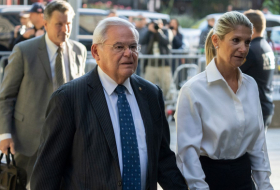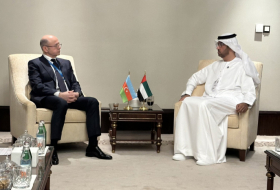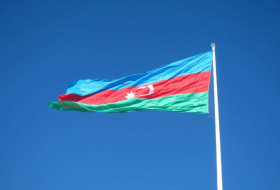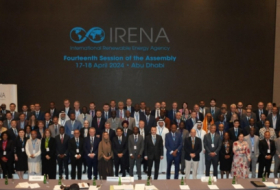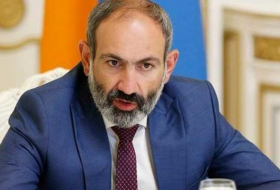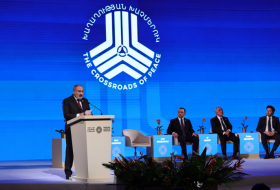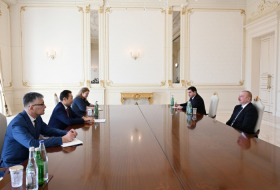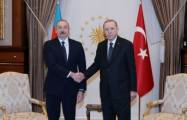The delegation recalls that, in previous observations of elections in Armenia, the Parliamentary Assembly, ODIHR and other international observers criticised the country for cases of misuse of administrative resources, allegations of vote-buying, intimidation or even physical violence towards electors during election campaigns. The delegation noted that concerns about potential abuse of state resources, organised vote-buying, pressure on candidates and unbalanced media coverage are still widespread. It was told that new technologies would be used to prevent irregularities on election day. However, the delegation stressed that they must not be considered as a substitute for trust.
In this regard, concerning the elections scheduled for 2 April 2017, the pre-electoral delegation asks the relevant authorities to take all necessary measures, at all hierarchical levels and throughout the entire country, in order to prevent such practices in the period preceding polling day, as well as on polling day itself.
The delegation hopes, among other things, that on polling day both domestic and international observers will be allowed to observe freely, without fear of being expelled from polling stations if they point out irregularities. Retaliation for "false reporting" and official demands to the media for the disclosure of their sources are practices that must disappear. On the other hand, those responsible for any kind of irregularities, either during the campaign or on election day, must expect severe punishment.
The delegation felt that Armenia’s political culture still needs to be developed, as politics is linked to personalities rather than ideologies and political programmes with concrete proposals to address the numerous political, economic and sociological issues confronting the country. It heard that financing of certain opposition parties was strongly discouraged by intimidation, and that businessmen were at risk of seeing their businesses endangered, should they decide to sponsor those parties. The delegation was told about the danger of social resignation and passivity, and therefore underlines that, for the benefit of Armenian society, it is crucial that public confidence in the democratic electoral process be restored.
The PACE pre-electoral delegation* was in Yerevan at the invitation of the President of the National Assembly of Armenia. It met with the President of the National Assembly, the Chairman of the Central Electoral Commission, representatives of the main parliamentary and non-parliamentary political parties, NGO and media representatives, the Head of the OSCE/ODIHR election observation mission, representatives of international organisations and members of the diplomatic corps in Yerevan.
A full-fledged, 32-member team of PACE observers will arrive in Yerevan at the end of March to observe the vote.
More about:








